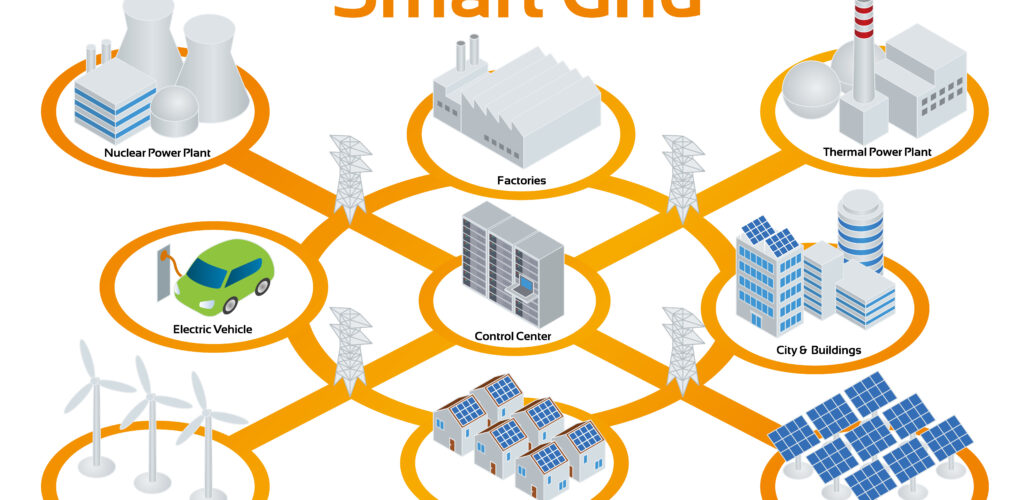PG&E Tackles Energy Demand With AI and Grid-Edge Computing
As the adoption of EVs accelerates and data centres expand, utilities face the challenge of modernising infrastructure while maintaining reliability and sustainability.

Image for illustration purposes.
Pacific Gas and Electric Company (PG&E) is tackling the growing energy demands of electric vehicles (EVs) and data centres with cutting-edge solutions that blend artificial intelligence and grid-edge computing.
PG&E has launched two groundbreaking initiatives to address these challenges:
1. EV Charging Pilot Programme:
This initiative leverages grid-edge computing to enable real-time load management for EV charging. Many homes in PG&E’s service area have 100-amp electrical panels, which are insufficient for Level 2 EV chargers that typically require 200-amp service. Upgrading panels can be costly and time-consuming, hindering EV adoption.
PG&E’s solution, developed in collaboration with Itron, uses Itron Riva meters with distributed intelligence edge computing. This technology allows real-time communication between EV chargers and the grid, ensuring charging loads remain within safe limits for both the home’s electrical service and the power grid. Set to launch in early 2025, the programme will initially support up to 1,000 users, with plans for broader availability later in the year.
2. Net-Zero Data Centre Community:
PG&E has unveiled plans for a 200 MW net-zero data centre community in downtown San Jose. Developed in partnership with Westbank, the project includes three data centres and approximately 4,000 residential units connected by a district energy system. This innovative system will repurpose excess heat from data centres to provide heating and hot water to neighbouring buildings, optimising overall energy efficiency.
The project addresses the anticipated 3.5 GW increase in capacity requests from data centres across PG&E’s service area between now and 2029, with almost half concentrated in San Jose. It demonstrates a sustainable approach to integrating data centres into urban environments while balancing energy reliability and sustainability.
These initiatives showcase how collaboration and innovation can drive effective solutions to complex energy challenges. By leveraging AI, grid-edge computing, and sustainable design principles, PG&E is paving the way for a more efficient and environmentally responsible energy future.
Source: EE Power
#AI#capacity planning#Data centres#distributed intelligence#district energy system#electric vehicles#Energy demand management#energy efficiency#grid-edge computing#infrastructure modernisation#Itron Riva meters#Level 2 EV chargers#load management#net-zero data centre#PG&E#real-time communication#renewable energy#smart grid#sustainability#urban integration



